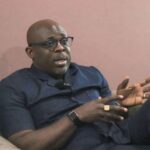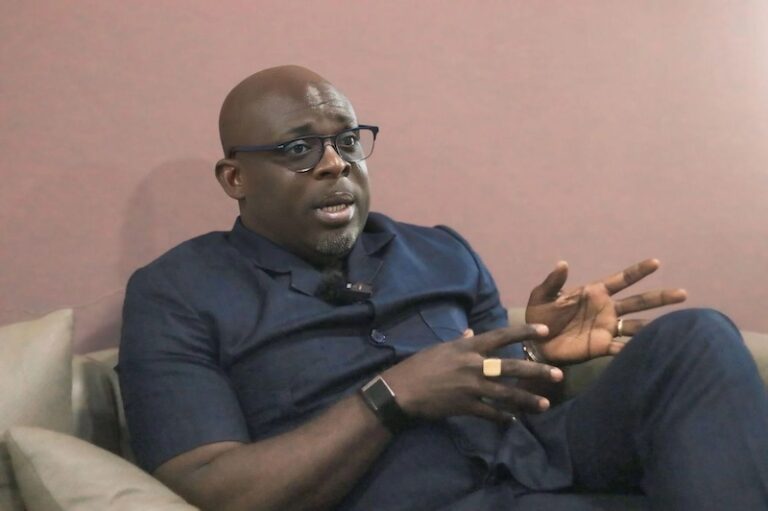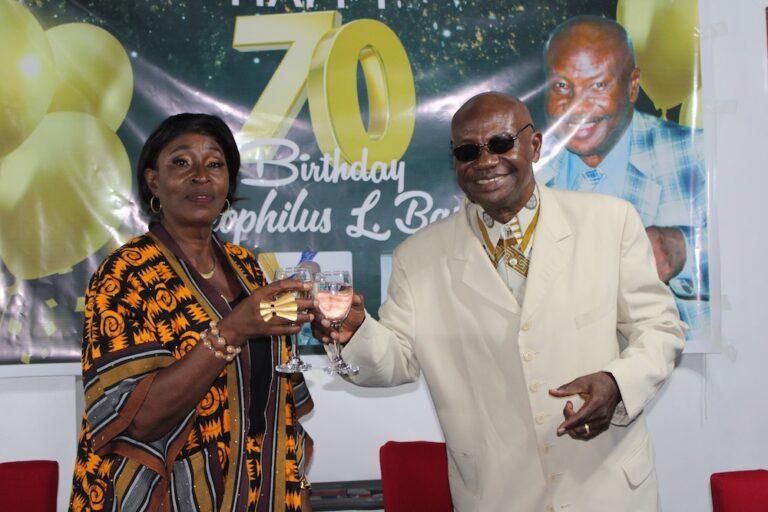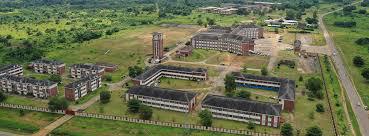
University of Liberia Campus Fendall
By Rufus S. Berry II, MBA
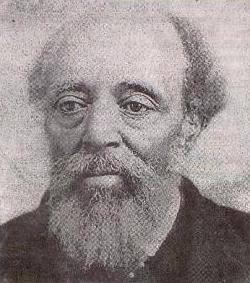
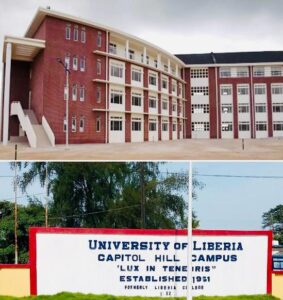
For decades, the University of Liberia stood as one of the nation’s most vital institutions, a training ground for leaders, professionals, and thinkers who helped shape Liberia’s destiny. Its motto, “Lux in Tenebris” (Light in Darkness), once embodied the university’s mission to illuminate the path of knowledge for the nation. From its classrooms emerged some of our finest minds in law, medicine, education, and public service.
In recent years, however, that light has dimmed. The university’s decline cannot be blamed on any one political party alone. The deeper problem lies in a culture of complacency among students, where campus politics has too often displaced serious scholarship. Instead of dedicating themselves to study and preparation for leadership, too many students have been consumed by protests, intimidation, and posturing. In doing so, they have weakened the very institution meant to empower them.
The University of Liberia was never intended to be a stage for endless politics; it was founded as a sanctuary for scholars, rooted in a legacy that ties Liberia directly to Black America. When Martin Henry Freeman, the first Black man to lead a U.S. university, migrated to Liberia and became president of Liberia College, he joined great minds such as Edward Wilmot Blyden and Alexander Crummell in shaping the institution into a beacon of Pan-African thought and academic excellence. This legacy should challenge today’s students to rise above distractions and recommit themselves to learning, discipline, and achievement.
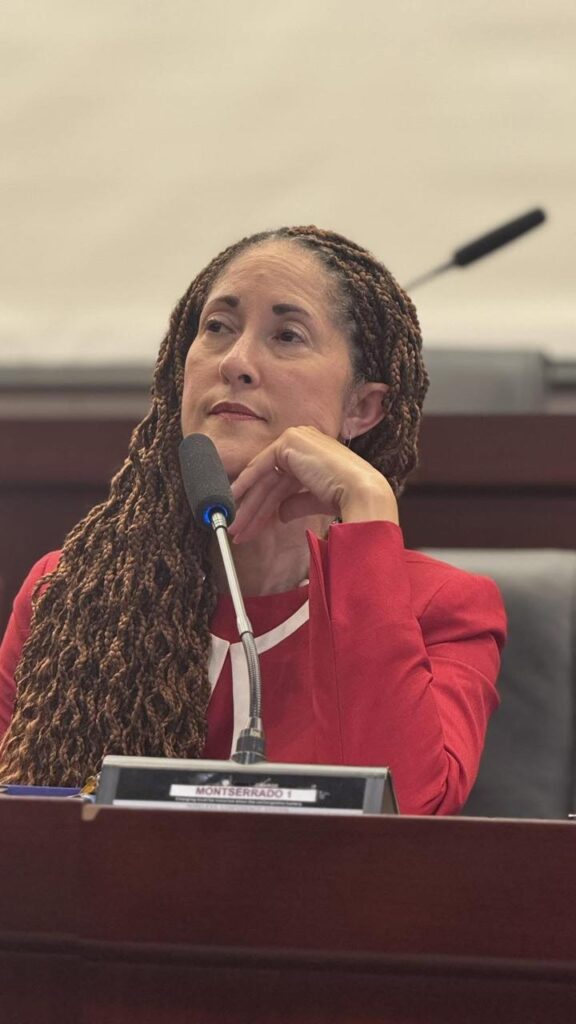
That connection continues today. In 2025, Dr. Layli Maparyan, an African American scholar of Africana Studies and former Wellesley professor, was appointed the 16th president of the University of Liberia. Her leadership affirms the enduring bridge between Black America and Liberia, linking 19th-century pioneers of higher learning with today’s generation of global Black academics. The University of Liberia thus stands not only as a pillar of national education, but also as a living testament that the intellectual histories of Liberia and Black America are inseparably one.
The reckless declaration of “tuition-free” education further compounded UL’s challenges by crippling its financial base. Across the world, higher education is treated as a privilege earned through discipline and sacrifice, with scholarships reserved for true scholars. By making it appear free, politicians stripped education of accountability and created the illusion that quality learning can come without cost. This policy must be reversed if the university is to sustain itself and maintain standards.
Liberia urgently needs a university worthy of its history, one that produces skilled doctors, engineers, educators, entrepreneurs, and public servants to lead national renewal. Restoring UL’s dignity will require honesty and courage: students must recommit to scholarship, faculty must defend academic standards, and policymakers must replace populism with real investment in infrastructure and reform. Only then can the University of Liberia reclaim its place as a serious center of higher learning.
The University of Liberia can still be a beacon of light, but only if this generation proves that “Lux in Tenebris” is not just a motto, but a living truth.
About the Author
Rufus S. Berry II always dreamed of graduating from the University of Liberia. Life, however, led him along a different path. After completing his studies at the College of West Africa, he pursued and earned both his undergraduate and graduate degrees in California. Though educated abroad, his admiration for UL has never wavered, and he continues to see it as a cornerstone of Liberia’s intellectual and national development.






